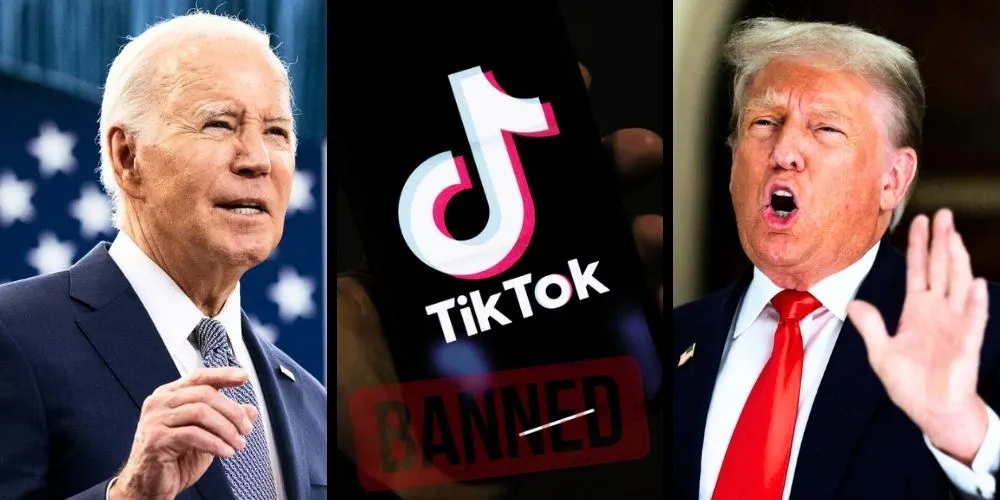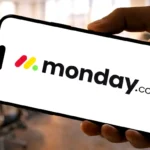Key Points:
- U.S. President Biden signals support for legislation compelling ByteDance to divest TikTok within six months.
- Former President Trump expresses objections to a TikTok ban, citing potential benefits to competitors like Facebook.
- The Justice Department favors a divestiture bill over a blanket ban, citing legal considerations.
- TikTok contends that the legislation infringes on Americans’ constitutional right to free expression and could significantly affect its operations in the United States.
President Joe Biden has signaled his intention to sign legislation compelling China’s ByteDance to divest the popular TikTok app within six months. This comes amidst concerns his predecessor, Donald Trump, raised regarding a potential ban on the widely used service. The proposed legislation, set to undergo a House vote next week, has garnered bipartisan support, with Biden affirming his readiness to sign the bill if passed.
The bill, which received unanimous approval from a House committee, faces an uncertain fate in the Senate, where some lawmakers have expressed reservations and seek modifications to the proposed legislation. However, Biden’s endorsement adds momentum to the efforts to address national security concerns associated with TikTok’s ownership by a Chinese company.
Former President Trump, who previously sought to ban TikTok but was thwarted by legal challenges, has objected to the proposed legislation, suggesting that banning TikTok could inadvertently benefit social media giant Facebook. Trump’s comments underscore the complex dynamics surrounding the regulation of social media platforms and the intersection of national security interests with economic considerations.
The Justice Department has advocated for a divestiture bill over a blanket ban on TikTok, arguing that it would bolster the government’s legal position. Meanwhile, former Vice President Mike Pence has backed the proposed legislation, citing concerns over Chinese influence on American children.
If enacted, the legislation would compel ByteDance to divest TikTok within 165 days, failing which major app stores would be prohibited from offering TikTok or providing web hosting services to ByteDance-controlled applications. The bill represents a bipartisan effort to address concerns about data privacy and national security risks posed by TikTok’s ownership.
While TikTok has denied sharing user data with the Chinese government, it has raised objections to the proposed legislation, characterizing it as a ban. The company contends that the legislation infringes on Americans’ constitutional right to free expression and could significantly affect its operations in the United States.
The fate of TikTok remains uncertain, with questions looming over whether China would approve any potential sale and if ByteDance could feasibly divest its ownership within the stipulated timeframe. As the debate over TikTok continues, it underscores the complex interplay between national security concerns, economic interests, and free speech considerations in the digital age.





